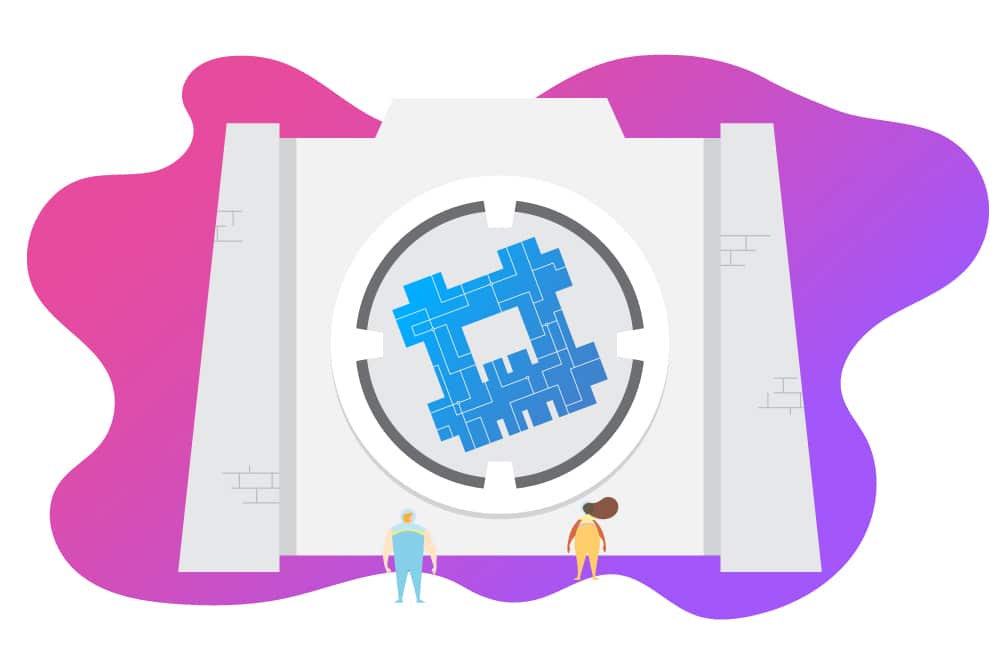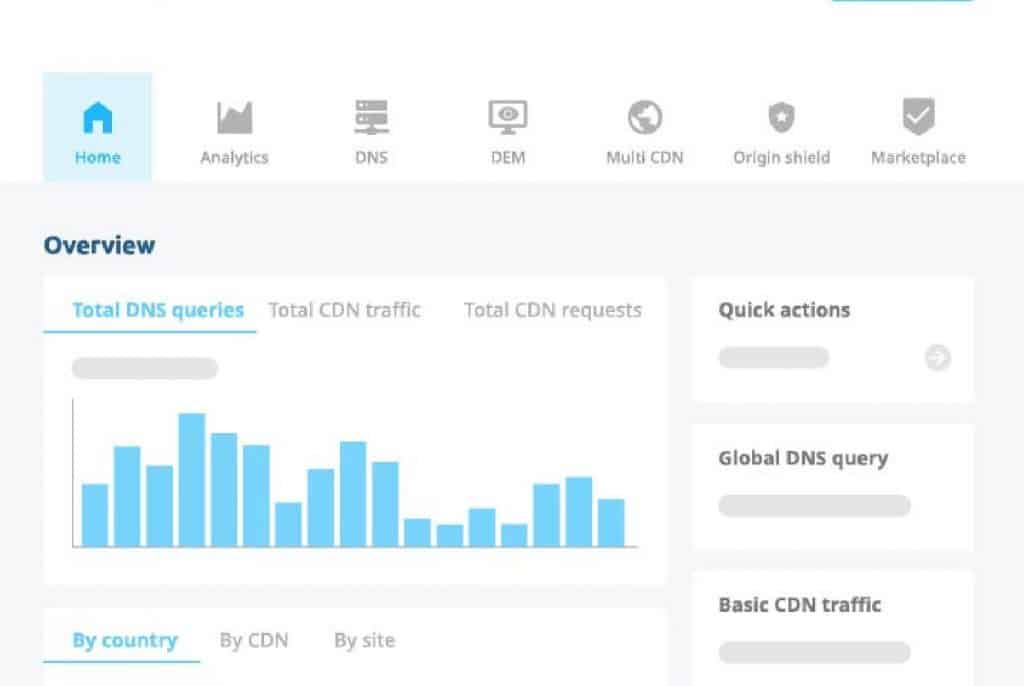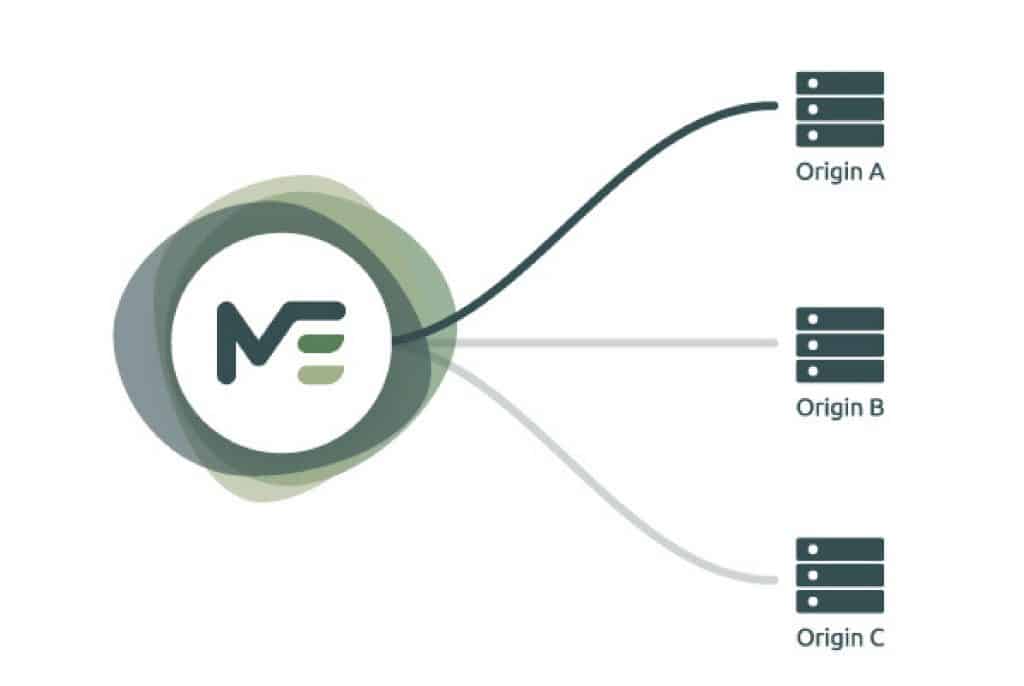More and more companies are developing advanced cloud-based web applications to better meet customer’s needs. Services like online banking, e-commerce, and third-party payment providers such as Paypal are becoming staples in consumer technology. These web applications require businesses to store increasingly large amounts of sensitive user data online. Consumers expect that the services that handle their money and other personal information are safe and secure.
Unfortunately, the advent of internet-based services has also invited an increasing number of cyberattacks. Cybercriminals attempt to exploit vulnerabilities in web applications, resulting in catastrophes for the companies and consumers that are targeted.
In this article, we’ll explore why businesses that handle sensitive information online should consider a cloud Web Application Firewall solution to minimize threats like data theft and fraud.
What is a Cloud Web Application Firewall?
One of the most effective technologies to help mitigate the risk of cyberattacks is a cloud-based WAF or ‘Cloud Web Application Firewall’. A Cloud WAF is a type of firewall that is used to monitor, filter, and block web traffic to and from web applications.
Cloud WAFs are especially useful in combating common cyberattacks like file inclusions, SQL injections, brute force attacks, and cross-site scripting (XSS). To learn more about different kinds of cyberattacks, take a look at OWASP’s Top 10 Web Application Threats.
Cloud WAF vs traditional Firewall: the difference explained
People often think that a Cloud WAF and a Firewall are one and the same thing, but that’s not entirely correct. Yes, a Cloud WAF is a type of firewall, but Cloud WAFs differ from traditional firewalls in that they do not provide perimeter protection. They sit outside your network, close to your application, and monitor incoming traffic. Cloud WAFs provide security around the application itself and not the server or servers hosting it. Their main purpose is to help protect public-facing web applications (e.g. websites and APIs) by filtering and monitoring HTTP traffic, while traditional firewalls help protect against network attacks.
Benefits of a Cloud Web Application Firewall
With the difference between Cloud WAF and traditional Firewall clarified, let’s take a look at the benefits of implementing a Cloud WAF solution.

A high-quality Cloud WAF solution will help protect your business’s web applications in the following ways.
Remove potential XSS and SQL injection attacks
Cross-Site scripting (XSS) is a common cyberattack in which malicious code is injected into a vulnerable web application. SQL injections, another type of injection attack, attempt to execute malicious SQL statements. A Cloud WAF can scan your web application and search for the presence of code commonly used in both Cross-Site Scripting (XSS) and SQL injection attacks.
Testing URLs
Cloud WAFs analyze URLs to catch inconsistencies or unexpected variables, such as the presence of SQL code, which may indicate an attempted injection attack.
Checking access to sensitive pages
Cloud WAFs are able to verify credentials of site visitors before they are permitted access to certain pages. They can utilize IP whitelisting and blacklisting to filter out suspicious activity and be configured to execute other rules of your choosing.
Malicious bot identification
Cloud WAFs search for and block common Internet bots that are built to scan or exploit web services before they reach your application.
Blocking DDoS attacks
A DDoS attack (short for distributed denial-of-service attack) attempts to overwhelm a website or online service with more traffic than the application server or network can handle. This is done with the intention of rendering the website or application incapable of being further used or accessed. Cloud WAFs can limit the number of requests that any particular IP address makes to your web application in order to prevent DDoS attacks. Web traffic is diverted or blocked before your website or service reaches the point of failure.
For more technical details on how Cloud WAFs work, Check out this article.
Should my company implement a Cloud WAF solution?
As a general rule of thumb, if your business is providing any sort of public-facing website services or API, YES, you most definitely should consider implementing a Cloud WAF solution!
But certain types of services are subject to specific regulatory compliance and may benefit even more from using a Cloud WAF. These include:
- Any business handling personally identifiable information (PII) as well as data subject to regulatory compliance such as HIPAA, HITECH, and PCI (e.g. digital healthcare companies)
- Businesses subject to payment card industry (PCI) regulatory compliance standards (e.g. PayPal, CapitalOne, Amazon, Shopify)
- Any business that collects sensitive data (e.g. user names, addresses, phone numbers, social security numbers, etc.)
While all companies handling large volumes of user data are at risk of data breaches, the above are bound to greater legal and regulatory standards, making it critical for them to pay extra attention to the security of their online services.

There are several reasons to consider implementing a Cloud WAF solution:
To safeguard sensitive user information
Cyber criminals often attempt data theft in order to steal credit card information and other personal data. This information can then be used to make illegal purchases or to commit identity theft or fraud. Having measures to protect users from malicious cyberattacks is of the utmost importance for any online service that handles sensitive information — and implementing a Cloud WAF is one of the most effective ways to do so.
To safeguard your company’s reputation
Being subjected to a data breach can not only lead to sensitive data being compromised, but it can also damage your business’s reputation. Existing customers and members of the public — potential customers — will be less likely to entrust you with their personal information.
To safeguard your company’s intellectual property
Cybercriminals often try to exploit online services and web applications to access proprietary information and various forms of intellectual property. This is done with the intention of publishing it, selling it to a third party, or blackmailing a company for its return.
To protect your revenue
If your web application becomes inoperable due to DDoS attacks and exploits, it will result in a loss of sales for your business until the issue is resolved. For large companies, this can mean losing hundreds of thousands in revenue due to a lack of adequate security measures.
To protect your business from legal action
In the event of a data breach or exposure of sensitive information, businesses can expect to face lawsuits and hefty fines unless they are able to demonstrate that they took the necessary steps to safeguard the data they were entrusted with.

How to implement a Cloud WAF Solution — easily and effectively
There are two primary challenges companies face when trying to implement a Cloud WAF solution: the complexity and the costs of implementation and management.
Configuring a Cloud WAF solution in-house requires building a team with a highly specialized skill set. You’ll need an administrator who can frequently monitor the application and possesses in-depth knowledge of web applications, servers, software development, and web security best practices.
Many businesses would prefer to skip the heavy investment needed to build an in-house team. So what options do they have when it comes to implementing an effective Cloud WAF solution for their services?
One option is to use the Cloud WAF solution provided by Mlytics — a Multi CDN solution that is designed to maximize security for end users and can be deployed in under 5 minutes. Once your Mlytics account has been set up, your website or online service is added to the platform and immediately configured to combat a wide range of cyberattacks, from SQL injections to Cross-Site Scripting and more.
To provide 24/7 security to clients, Mlytics built its own Cloud Web Application Firewall, you can read more on this topic here.
Key takeaways
If your company handles sensitive information online, you need to implement strong web security measures to protect your data and applications from potential cyberattacks.
Without adequate protection, your business is vulnerable to exploits that can lead to service disruptions, catastrophic data breaches, or even legal and financial penalties. A Cloud Web Application Firewall provides a strong line of defense against a variety of common attacks, and Mlytics‘ turnkey solution makes using a Cloud WAF easy and intuitive, enabling rapid configuration and deployment with just a few clicks.



